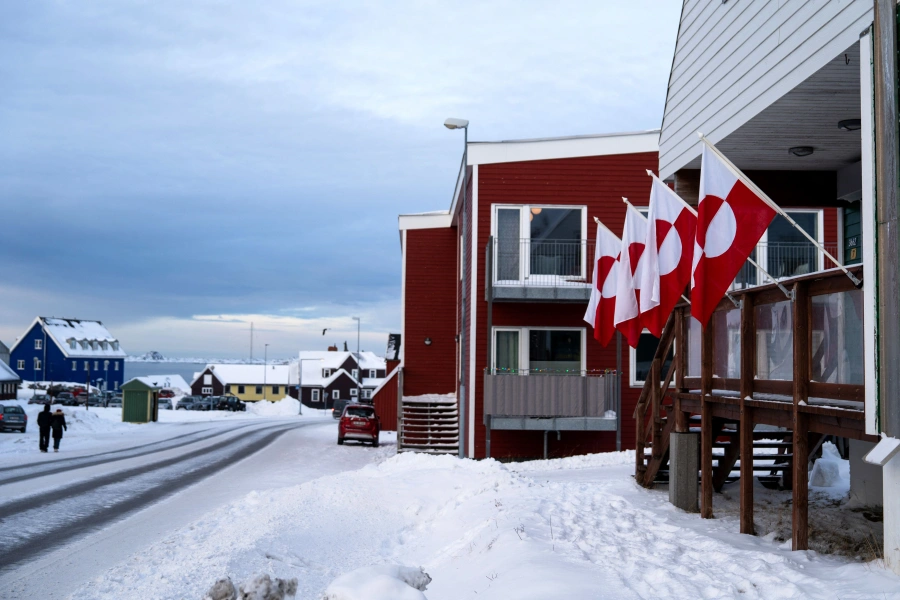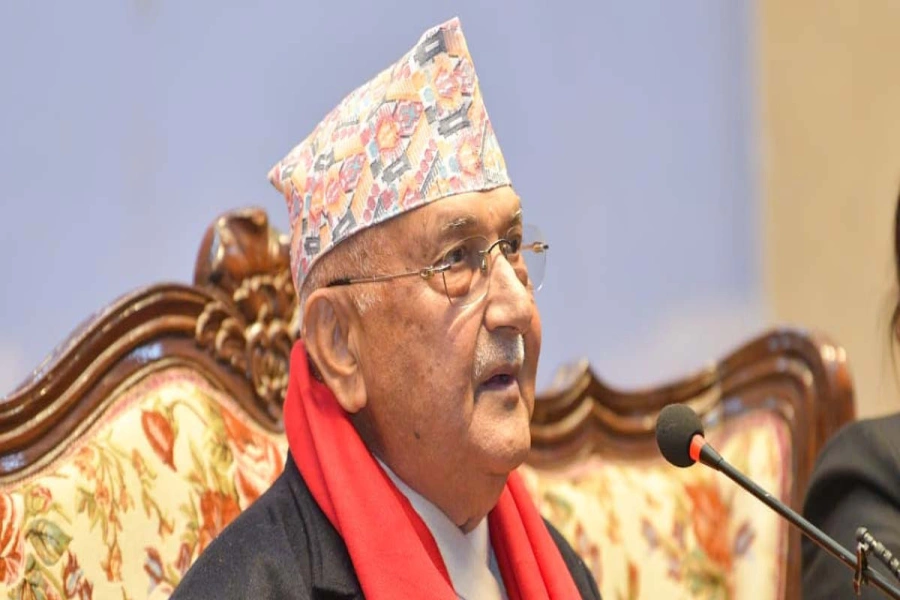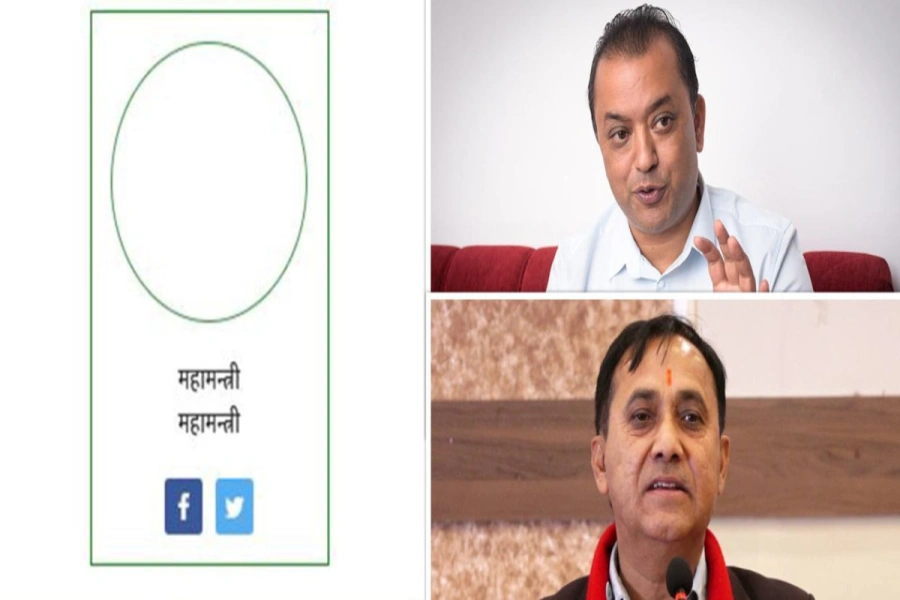While in an advanced American hospital, I thought of hospitals back home, villages where women are forced to give birth in cowsheds or even die due to lack of treatment
If you are in a foreign land, no matter who you are, where you are from, or what you do, you are always inclined to compare elements of everyday life around you with that of your country of origin. For example, the road you walk upon, the school you send your children to, the food you eat, the clothes you wear, the hospital you visit, the doctors or nurses you meet, are just some of these. The laundry list goes on. I indulge in this contrasting imagination and wish this would have been my country. I wish I could find the same services back home. The list of wishes grows, jealousy festers, and a silent pain torments me inside. The whirling reverberation of “would be thoughts” in my mind, and the tempting items of wishes, hopes, and desires to have the same facilities, technologies, development, and the same spirit of advancing my country back home become the routine aspiration of my busy American life. My restless soul feels as if I am growing feathers on my back in the last effort to enable myself to instantly fly back to my hometown, the place where I was born. After a while, it forces me to realize the daunting realities of hardships back home that escalate my degree of rage and ends up presenting itself as the frustration of the unknown.
My thoughts sometimes wishfully take me a century back, then, without warning, start hopelessly comparing the struggle of now-developed nations against the rich potential Nepal had then. My mind then jots a list of the missed opportunities, calculates every single moment that demagogues wasted on romanticizing political isms, recalls the dirty politics leaders involve themselves in, visualizes the political wrangles, reads the news of the national capital’s misuse, then glances over the rising corruption and the abuse of authority, all before most-heartbreakingly reminiscing the slaughter of thousands within a decade. It is painful.
I take a long breath and contemplate how advanced the country would have been if the regime was able to avoid this derailing. Days bygone are nonreturnable. However, though hope is frail, it is hard to kill.
Tale of two countries
Talent show of differently abled in September

This month my wife and I spent a couple of days in Virginia Hospital Center. My every visit to the hospital here in the United States reminds me of the dire condition of medical services back in Nepal. During our six-year stay in this country, we became the lucky parents of two daughters. Birthing our daughters here gave us an opportunity to spend a few days in the hospital, to understand its management system, services, and facilities, experience the staffs’ ethics and mannerisms and witness the incomparably advanced technology and their genuine utilization for the safety and treatment of every patient.
I mention mannerism because my stay in the hospital also allowed me to understand the importance of exhibiting courteous gestures to patients. The hospital staffs’ bedside-manner makes a huge difference in healing a patient’s ailments. For example, I realize how big of a difference a doctor with a cheerful smile on his/her face can make when enquiring about your health condition. This is the mannerism that I want to see exhibited among our doctors, nurses and hospital staffs back home. I question myself: Why can’t the same mannerism be seen in most of our hospitals in Nepal? Why do we just see the grumpy faces of almost all of the hospital personnel?
I know. Although we don’t have advanced technology, the modern devices, prerequisites and equipment in our hospitals comparable to the ones that can be found in highly developed countries, these can be bought once our economy booms. However, are we able to utilize our freely-available common sense and mannerisms while demonstrating respect and politeness, despite not being able to afford any investments?
My wife and I were in the hospital at the Labor and Delivery Department. Often, labor and delivery become a terrifying and stressful moment for a newly-expecting mom and dad. In this situation, every single word you hear from doctors, nurses or other medical staff helps lessen your woes. Every word counts. We were happy to see the etiquettes that doctors and nurses demonstrated. They made the whole process run as smoothly as it could have. I was happy how convincingly the doctors and nurses explained the process and delivered our daughters successfully, without any hassles.
The hospital management understands the need for providing timely information and communicating transparently to both the patient as well as panic-stricken relatives in order to assure and confirm the procedure taking place. During the delivery process, they allowed me to be at the delivery and labor room. My presence helped my wife build confidence in getting ready for delivery. I was the inspiration for her. Nurses were polite. They would knock on our door before entering the room, greet and update us, repeat everything if we seemed confused. We felt the hospital as a home away from home. Although we were new to medical system of this country, they, without hesitation, explained to us the system that we needed to know.
After delivery, the hospital provided us with a private room where our baby stayed with us. Most of our baby’s assessments, such as the physical procedure by a pediatrician, newborn metabolic screening, bilirubin test, hearing screening, hepatitis B vaccine, as well as a bath at the bedside, were done before we headed back to our home. They provided us with a chance to participate in our baby’s nursing care, educated us, and answered all questions.
Where Nepal lags
I was, of course, in one of the world’s most advanced hospitals. However, my mind and soul were back to the very soil where I was born, relating things around me to the condition back home. My invisible third eye became visible inside me, acting on a hunch to enable me to see the condition of the hospitals back home. I recalled the suffocating environment: litter and trash everywhere, tattered bed sheets, syringe and its cover on the floor, the rude behavior of people, pompous nurses and doctors, and so on. My mind took me a bit farther to the remote villages of Nepal, where women are forced to give birth in cowsheds. My third eye was also vividly looking at the big headlines about the death of women to pregnancy-related complications, about the issue of the lack of access to services, responsible for the death of women before even they arrive at the hospital.
Nepal Demographic and Health Survey 2016 report shows that the pregnancy-related mortality ratio is 259 for every 100,000 live births during the seven years preceding the survey. Maternal mortality ratio, according to the report, is 239 deaths per 100,000 live births during the same period. The statistics wrecked me. I hope that one day newborns in Nepal will be able to enjoy the same facilities and privileges that my daughters have in today’s America.
The author is an anthropologist. Views are personal
abamritofficial@gmail.com





































